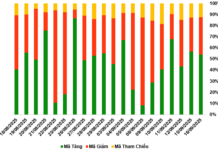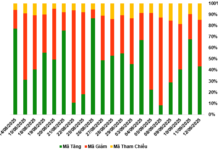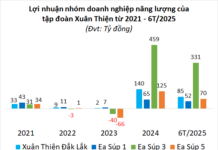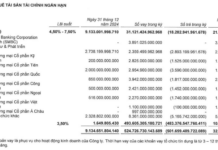
According to World Bank data, in 1993, Vietnam’s average income was approximately $170, ranking 172nd out of 178 countries globally.
By 2023, Vietnam’s average income had risen to around $4,150, placing it 116th in the world. This marks a remarkable 24-fold increase and a 56-position jump in global rankings compared to 1993.
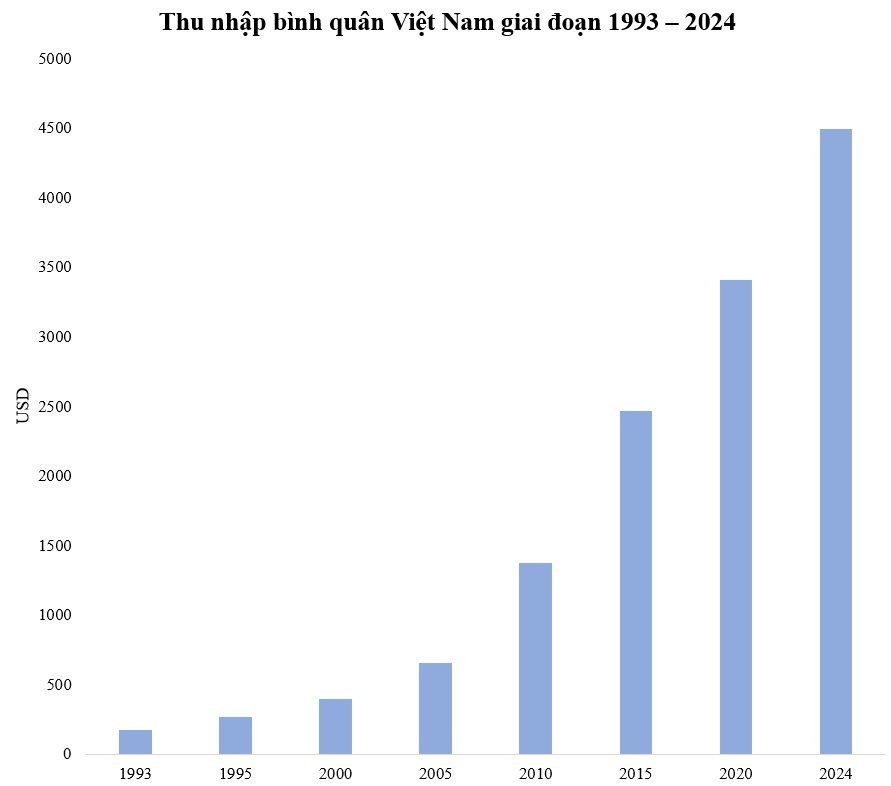
Vietnam’s average income from 1993 to 2024. Source: World Bank.
In 2024, Vietnam’s average income reached approximately $4,490, climbing to the 112th position globally. This represents a 4-position rise from 2023 and a staggering 26-fold increase from 1993, with a 60-position global ranking improvement.
In 2024, the economy achieved a GDP growth rate of approximately 7%, surpassing the National Assembly’s target of 6-6.5%. Projections for 2025 indicate an 8% growth rate.
The government is currently striving for an 8% GDP growth in 2025, aiming for double-digit growth in subsequent years. The ultimate goal is to become a high-middle-income country by 2035 and a high-income country by 2045.
According to the World Bank’s latest classification, countries with an average income below $1,145 are considered low-income, $1,146–$4,515 are lower-middle-income, $4,516–$14,005 are upper-middle-income, and above $14,005 are high-income.
Deputy Prime Minister Nguyen Chi Dung emphasized that to achieve high-income status within the next 20 years, Vietnam must sustain double-digit growth rates (10% or higher).
Prof. Dr. Tran Thi Van Hoa from the School of Economics and Public Management (National Economics University) highlights Vietnam’s ambition to transition from lower-middle-income to high-income status by 2045. This is a significant challenge amidst comprehensive administrative restructuring, institutional and technological revolutions, and global trade tensions.
To realize this ambitious goal, key solutions include perfecting institutions, developing infrastructure, fostering private sector growth, attracting high-quality foreign investment (FDI), and embracing comprehensive digital transformation and high-tech industries, as Prof. Dr. Tran Thi Van Hoa underscores.

